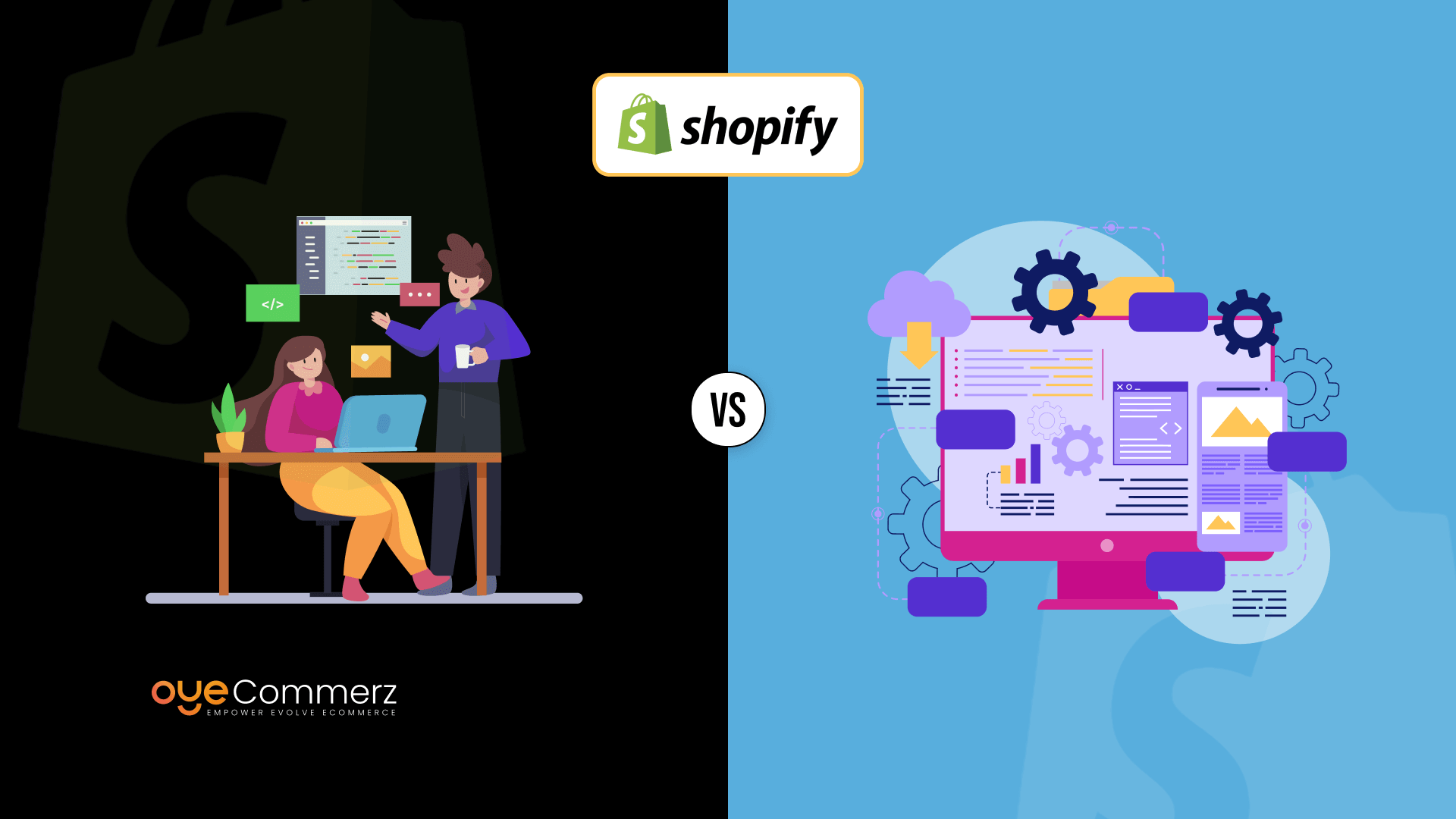Introduction
In the current competitive e-commerce environment, differentiating is essential, and a top method to set apart a Shopify store is through custom app creation. A robust Shopify app can enhance store functionality, simplify processes, and elevate customer engagement. This guide delves into essential elements of Shopify app development, covering API integration and app ecosystem to scaling strategies and digital marketing approaches, offering a roadmap for companies looking for unmatched store performance.
The Importance of Shopify API Integration
Shopify’s API provides powerful tools to personalize and expand store functionalities. With the GraphQL and REST API options, developers can retrieve information to create apps that handle inventory management, order processing, and customer data management seamlessly. Integrating Shopify’s API can enable improved workflow automation and enables stores to serve customers more efficiently.
Adopting the Polaris Design System
Shopify’s Polaris is Shopify's set of design guidelines for designing intuitive and easy-to-use Shopify apps. By adhering to Polaris guidelines, developers ensure that apps seamlessly integrate within the Shopify Admin experience. This ensures a cohesive appearance that resonates with Shopify merchants, promoting usability and comfort for merchants using your custom app.
Understanding the Shopify App Ecosystem
The Shopify app ecosystem provides numerous opportunities for enhancing e-commerce sites. From managing fulfillment processes to boosting customer interaction, apps in this ecosystem are tailored to meet diverse business requirements. Familiarizing with this ecosystem helps developers in identifying unique app opportunities and allows for smooth connections of third-party services that enhance the store.
Developing Embedded Shopify Apps
Embedded apps work seamlessly within the Shopify Admin, providing a smooth interface for merchants. They allow merchants do not need to leave their Shopify dashboard, streamlining their workflow. Employing Shopify App Bridge and embedded app features is recommended for offering a cohesive, well-integrated user experience.
Using Node.js and React for Shopify Apps
The technologies Node.js and React have emerged as ideal tools for Shopify app development. Node.js enables high-performance server-side applications, while React enables interactive and adaptive front-end user interfaces. Combined, they provide an excellent framework for building fast, scalable Shopify apps that enhance store performance and customer interaction.
Webhooks in Shopify Apps
Webhooks enable instant data synchronization between Shopify and an outside application. They initiate events such as order creation or inventory updates and provide immediate notifications to your app. By implementing webhooks, apps can provide up-to-date information to store owners, simplifying processes and boosting efficiency.
Engaging Customers Through Digital Marketing for Shopify Apps
To make a Shopify app successful, engaging customers is crucial. Using digital marketing strategies like SEO, email marketing, and social media campaigns can increase app usage. Additionally, designing apps with customer interaction as a focus (e.g., loyalty programs or personalized suggestions) increases user loyalty and satisfaction.
Making Your Shopify App Scalable
As e-commerce businesses grow, so do their technology requirements. Making sure that your app can manage higher usage, larger databases, and more complex functionalities is essential. By optimizing server resources and implementing scalable technologies, you React for Shopify development can develop apps that grow in tandem with a store’s success.
Important Features and Maintenance Tips for Shopify Apps
For an app to be useful, it should include key capabilities like user login, dashboard analytics, and customer support options. Ongoing app Enhance customer engagement on Shopify upkeep, with updates to fix bugs and compatibility checks with new Shopify features, is important to maintain uninterrupted performance and prevent disruptions to merchant workflows.
Summary
Custom Shopify app development holds vast potential for e-commerce stores, providing the chance to improve store functionality, simplify operations, and foster customer loyalty. From integrating APIs to ensuring scalability and customer interaction, creating a Shopify app involves thoughtful preparation and strategic execution. If you’re prepared to elevate your e-commerce experience, a tailored Shopify application could be the perfect choice. What features do you see for your dream application? Share your thoughts and begin the journey to an optimized e-commerce journey!

Comments on “Empower Your Online Store: Custom Shopify App Development for Unmatched Store Performance”